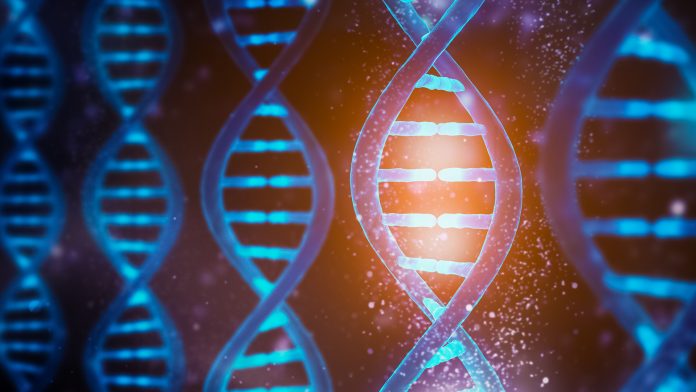A study of worms in space conducted by the University of Exeter and the NASA GeneLab reveals that a low gravity environment affects cells at a genetic level.
Genetic analysis of Caenorhabditis elegans worms on the International Space Station showed small changes in about 1,000 genes.
The study indicates that not all genes were affected in the same way; more prominent effects were found in genes such as neurons (nervous system cells).
Researchers believe that this discovery will aid our understanding of why living organisms, including humans, suffer physical decline in space.
Dr Timothy Etheridge, of the University of Exeter said: “We looked at levels of every gene in the worms’ genome and identified a clear pattern of genetic change.
“These changes might help explain why the body reacts badly to space flight.
“It also gives us some therapy targets in terms of reducing these health effects, which are currently a major barrier to deep-space exploration.”
The worms were subjected to a low-gravity environment on the International Space Station and to a high-gravity environment in centrifuges (laboratory devices used for the separation of fluids, gas or liquid, based on density).
The high-gravity tests gave the researchers more data on gravity’s genetic impacts and allowed them to look for possible treatments using high gravity in space.
Lead author, Craig Willis, of the University of Exeter said: “A crucial step towards overcoming any physiological condition is first understanding its underlying molecular mechanism.
“We have identified genes with roles in neuronal function and cellular metabolism that are affected by gravitational changes.
“These worms display molecular signatures and physiological features that closely mirror those observed in humans, so our findings should provide foundations for a better understanding of spaceflight-induced health decline in mammals and, eventually, humans.”
Dr Etheridge added: “This study highlights the ongoing role of scientists from Europe and the UK in space flight life sciences research.”







